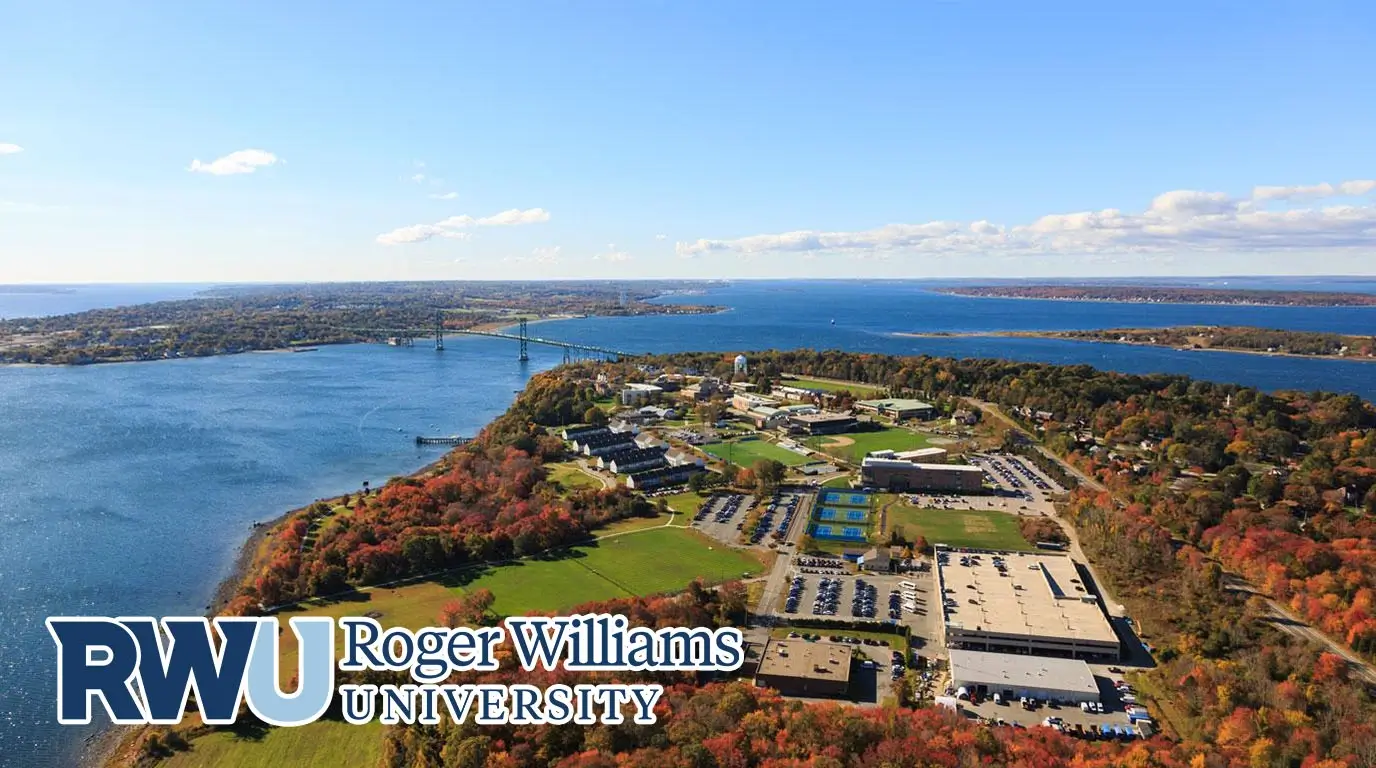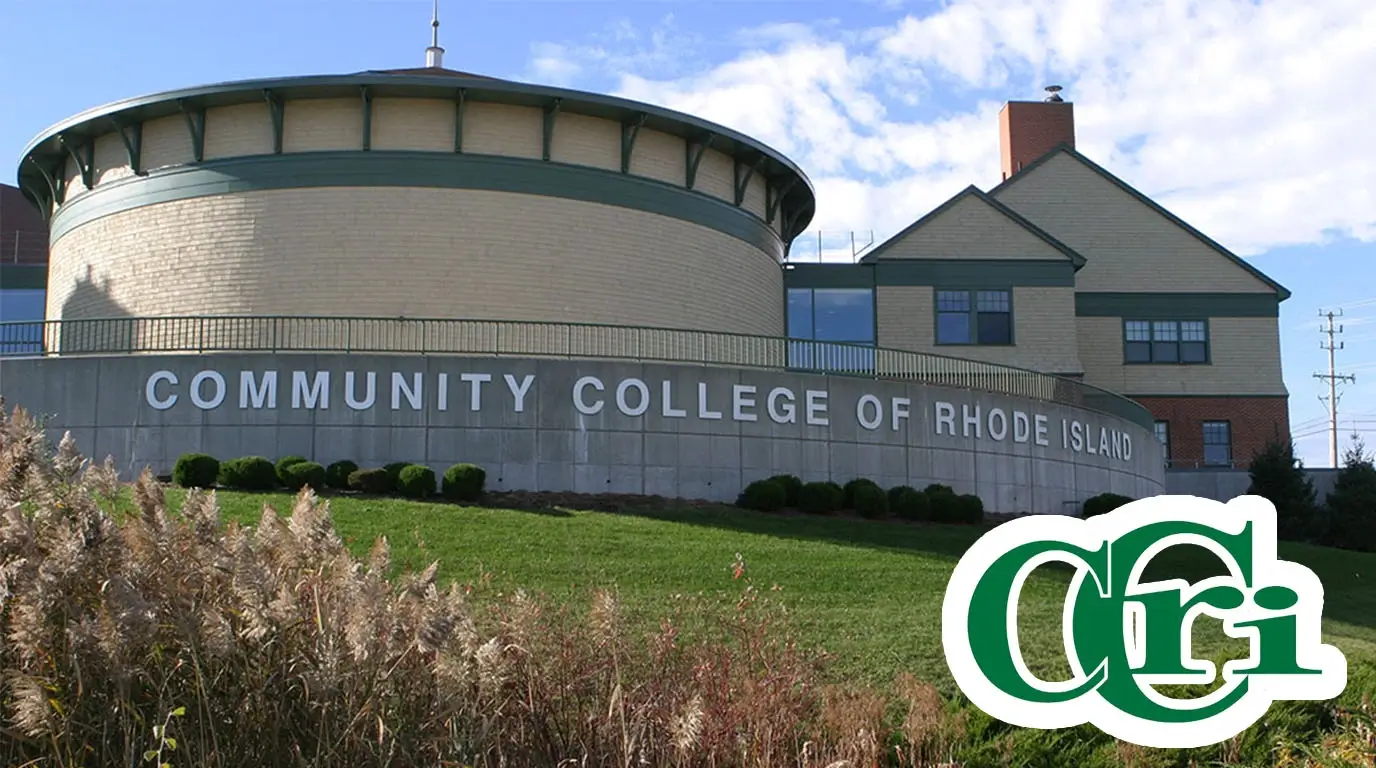Becoming a Paralegal in Massachusetts – Your State-Specific Guide
Hey there! Ever wondered if you could dive into the legal world in Massachusetts without spending years in law school? Well, becoming a paralegal in Massachusetts might just be your ticket. Picture this: according to the Bureau of Labor Statistics, there were 7,520 paralegals and legal assistants working across the state as of May 2023, pulling in an average salary of $74,710 a year. That’s not just a paycheck—it’s a career with real impact, especially in a legal hub like Massachusetts. Whether you’re in Boston or out in Springfield, the paralegal path offers a way to support attorneys, dig into cases, and be part of something bigger. In this guide, I’m walking you through everything you need to know—Massachusetts-style—about stepping into this role. Let’s get started.
Introduction
So, what’s the deal with being a paralegal in Massachusetts? It’s a gig where you’re right in the thick of legal action—drafting documents, researching cases, and helping attorneys keep the wheels turning—without needing a law degree. Massachusetts has a rich legal landscape, from the bustling law firms of Boston to the government offices in Worcester. Paralegals here are the unsung heroes, making sure attorneys can focus on the courtroom while they handle the heavy lifting behind the scenes. If you’re curious about how to break into this field in the Bay State, you’re in the right place. This isn’t some generic career rundown—it’s a deep dive tailored to Massachusetts, with all the state-specific details you need to kick things off.
Paralegal Definition and Regulation in Massachusetts
Does Massachusetts Legally Define “Paralegal”?
Here’s the scoop: Massachusetts doesn’t have a fancy, official legal definition for “paralegal” carved into its state laws. But if you peek at Massachusetts Rule 5.3, you’ll see paralegals referred to as “paraprofessionals.” Basically, they’re folks qualified—through education, training, or experience—to tackle substantive legal work under an attorney’s supervision. The American Bar Association backs this up with a broader definition: a paralegal is someone who assists lawyers with tasks their boss is ultimately responsible for. No surprises there—it’s practical, not poetic.
Are There Any State Regulations for Paralegals in Massachusetts?
Now, don’t go looking for a big rulebook on paralegals in Massachusetts—there isn’t one. The state doesn’t regulate the profession directly, meaning no mandatory licenses or state-specific certifications are required to call yourself a paralegal. That said, if you’re working under an attorney (and you will be), you’re tied to their ethical leash. Rule 5.3 makes it clear: attorneys have to supervise you, ensure you’re clued in on confidentiality, and take the heat if anything goes sideways. So, while the state doesn’t micromanage, the ethical expectations are real, flowing through the attorney’s oversight.
Key Takeaway
- Massachusetts keeps it simple: no formal regulations or licenses for paralegals, but you’re bound by attorney supervision and ethical standards.
Education Requirements and Recommended Programs in Massachusetts
Are There Specific Educational Requirements in Massachusetts to Become a Paralegal?
Alright, let’s talk education. Massachusetts doesn’t legally demand a specific degree to become a paralegal—there’s no “you must have X” written in stone. But here’s the reality: employers in this state, especially in competitive spots like Boston, usually want to see some formal training. An Associate’s degree in paralegal studies? Solid start. A Bachelor’s? Even better. A certificate program if you’ve already got a degree in something else? That works too. Many firms lean toward candidates from ABA-approved programs, since they signal quality and practical skills. It’s less about rules and more about what gets you hired.
Recommended Paralegal Education Programs in Massachusetts
If you’re ready to dive in, Massachusetts has some standout options. Here’s a handful of programs worth checking out—each with a reputation for turning out job-ready paralegals:
- Suffolk University – Based in Boston, they offer an Associate’s and a certificate in paralegal studies. It’s ABA-approved, with access to top-notch legal resources like Westlaw and LexisNexis. Perfect if you’re near Beacon Hill and want hands-on vibes.
- Bunker Hill Community College – Another ABA-approved gem in Boston, offering an Associate’s and a certificate. They mix online and in-person classes, plus real-world internships—great for flexibility.
- Bay Path University – Out in Longmeadow, this one’s got ABA-approved Associate’s and Bachelor’s degrees. They throw in legal electives like criminal procedure, so you can specialize early.
- MassBay Community College – In Wellesley, their Associate’s in Paralegal Studies blends practical skills—think document drafting—with internships at local law firms.
- Quincy College – South of Boston, they offer both a certificate and an Associate’s. It’s affordable, with a focus on legal research and real-world prep.
These programs are goldmines for paralegal education programs in Massachusetts—some even let you study online if you’re juggling life.
Online Paralegal Programs for Massachusetts Residents
Not near a campus? No sweat. Online options are big for Massachusetts folks. Programs like UMass Lowell’s Paralegal Certificate let you learn legal research and writing from your couch. They’re flexible, affordable, and still pack the skills employers crave. Plus, if you’re eyeing an ABA-approved online route, plenty of national providers cater to Massachusetts residents—just double-check they align with local job expectations.
Key Takeaway
- Typical paths: Associate’s (2 years), Bachelor’s (4 years), or a certificate (months to a year).
- ABA-approved programs give you an edge in Massachusetts’s job market.
- Online options make legal assistant training in Massachusetts accessible anywhere.
Paralegal Certification and Credentials in Massachusetts
Is State-Specific Paralegal Certification Available or Mandatory in Massachusetts?
Massachusetts doesn’t have its own paralegal certification—no state exam or badge to earn. It’s not mandatory either; you can technically start working without any formal credential beyond education or experience. That’s the laid-back side of the Bay State’s approach.
Nationally Recognized Certifications Relevant in Massachusetts
Even though it’s optional, getting certified can set you apart. Two big ones shine in Massachusetts:
- NALA’s Certified Paralegal (CP) – Offered by the National Association of Legal Assistants (NALA), this involves passing an exam testing legal knowledge. You’ll need some education or experience to qualify—think Associate’s plus a year on the job.
- NFPA’s CORE Registered Paralegal (CRP) – From the National Federation of Paralegal Associations, this credential focuses on core skills. It’s another way to prove you’ve got the chops.
Both are respected here and signal to employers you’re serious about paralegal certification in Massachusetts.
Benefits of Certification in Massachusetts
Why bother? In a state with heavy hitters like Boston law firms, certification boosts your cred. It can mean a higher paralegal salary—maybe pushing you toward that $74,710 average or beyond. It also opens doors to better law firm jobs in Massachusetts, especially if you’re eyeing corporate or government gigs. Plus, it’s a confidence boost—proof you’ve mastered the basics.
Key Takeaway
- No state certification required in Massachusetts—just education or experience.
- National creds like NALA CP or NFPA CRP can lift your profile and pay.
- Certification = credibility + career growth in Massachusetts’s legal scene.
Paralegal Associations in Massachusetts
List State-Level Paralegal Associations in Massachusetts
Networking’s huge in this field, and Massachusetts has some great groups to join:
- Massachusetts Paralegal Association (MPA) – The biggest in the state, with 500+ members. They’ve got job boards, CLE seminars, and a quarterly mag, Viewpoint.
- Western Massachusetts Paralegal Association (WMPA) – Covers the western part of the state, offering networking, a newsletter (Paradocs), and annual events.
- Central Massachusetts Paralegal Association (CMPA) – Based in Worcester, they focus on idea-sharing, education, and job connections.
Benefits of Joining a Paralegal Association in Massachusetts
These groups are more than just a line on your resume. They hook you up with local paralegals, offer continuing education (think CLE workshops), and often post exclusive job listings. MPA’s brown bag lunches or WMPA’s annual dinner? Perfect spots to meet folks who can nudge you toward law firm jobs in Massachusetts or share insider tips.
Key Takeaway
- MPA, WMPA, and CMPA are your go-tos for networking and growth.
- Membership means jobs, education, and a community in Massachusetts’s paralegal world.
Job Market Outlook and Salary for Paralegals in Massachusetts
Current Job Market for Paralegals in Massachusetts
Massachusetts is a hotbed for legal work, and paralegals are in demand. The Bureau of Labor Statistics pegged 7,520 paralegal jobs here in 2023, with heavy concentration in Boston—ranked 7th nationwide for pay among metro areas. Law firms dominate, but corporate legal departments (think Liberty Mutual) and government offices (like the Attorney General’s office) are hiring too. The job market for paralegals here is steady, especially if you’ve got skills or a niche like IP or litigation.
Average Paralegal Salary in Massachusetts
Money talk: the average paralegal salary in Massachusetts hit $74,710 in 2023, per BLS data—well above the national median of $60,970. Entry-level might start around $47,000, while seasoned pros can top $100,000. Location matters—Boston pays more (think $80,000+), but cost of living’s higher too. Experience, education, and specialization (like corporate law) can push you up the ladder.
Job Growth Projections for Paralegals in Massachusetts
Looking ahead, Projections Central estimates a 3.1% growth rate for paralegals in Massachusetts from 2022-2032—slower than the national 4.2%, but still adding jobs. With 37,300 openings projected nationally each year, Massachusetts’s share keeps the paralegal career outlook in Massachusetts promising, especially in urban hubs.
Key Takeaway
- 7,520 paralegal jobs in 2023, centered in Boston.
- Average salary: $74,710—higher in cities, varies by experience.
- Growth: 3.1% through 2032—stable, with opportunities aplenty.
Key Takeaways: Steps to Becoming a Paralegal in Massachusetts
Ready to jump in? Here’s your roadmap:
- Research paralegal education programs in Massachusetts—start local or online.
- Pick your path: Associate’s, Bachelor’s, or certificate.
- Consider ABA-approved programs for a hiring boost.
- Explore national certifications like NALA’s CP or NFPA’s CRP.
- Join a Massachusetts paralegal association—MPA, WMPA, or CMPA—for connections.
- Launch your job search in Massachusetts’s legal market—law firms, corporations, or government.
There you have it—a full rundown on becoming a paralegal in Massachusetts. Got questions? Drop them below—I’d love to chat more about your next steps. Want to dig deeper? Check out our posts on paralegal salaries or what a paralegal really does. Let’s get you started on this legal journey!




